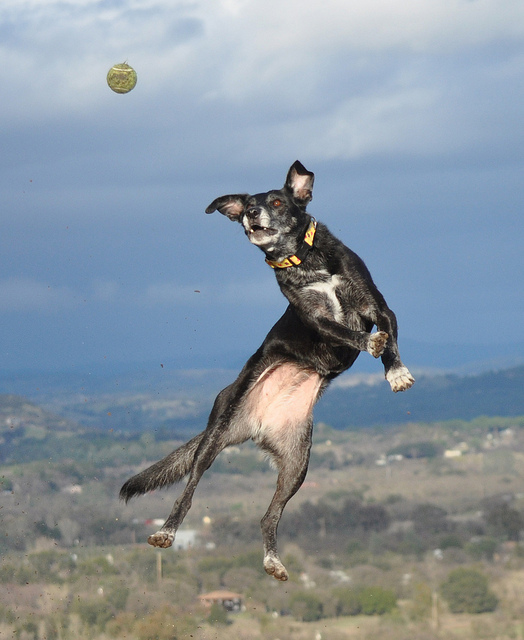People familiar with my work know I disagree (at times vehemently) with some of the positions taken by the large, national groups such as the Humane Society of the United States, the ASPCA, and PETA when it comes to companion animals in shelters.
I know this often leads to confusion, with people unsure of whom to believe, as if the right or wrong position comes down to personalities, rather than values or the outcomes resulting from them.
I would like such people to think about the issue this way: You don’t have to believe either of us; what is right or wrong does not come down to who is advocating a particular position, but which position is most likely to foster the kind of outcome you, as an animal lover, would like to see. In fact, your duty to animals requires that you make up your own mind, rather than relying on any one person or organization to tell you what to believe or to do. Humans are fallible. They are also capable of being manipulated. People who we respect can get it wrong. They can also change, become corrupted by power or their proximity to power, causing them to shift priorities so that we while we may believe it is safe, given their history, to defer to them, their calculations and allegiances are no longer in line with ours, and in deferring to them, we err. Because we can never truly know another’s heart, we must come to rely on the only person we can ever fully know and trust: ourselves.
We owe the animals an open mind and thoughtful deliberation of those views that contradict our own, but we also owe them the determination to stand up for what we, in the end, determine to be the correct course of action, rather than abdicating that responsibility in order to defer to “leaders” through cultish devotion. Our duty, first and foremost, lies with the animals who face needless suffering and whose very lives are often at stake. It does not lie in allegiance to “leaders” of the animal protection movement who might be embarrassed, offended, or threatened by others challenging their wisdom or authority. And it doesn’t lie with activists who regurgitate the pronouncements of those “leaders” without first thoughtfully deliberating their validity for themselves.
My hope is that, eventually, the animal protection movement will evolve to welcome rather than shrink from points of view that challenge the views of those in the greatest positions of power within our movement, not because all points of view are of identical merit, but precisely because they are not. We need more voices, not fewer, arguing, debating, innovating, and challenging tradition so that the best one can be heard and can prevail, thereby protecting animals better than would otherwise have occurred in a movement characterized by censorship and blind deference to authority. Some in the animal movement call this “divisive.” I call it democracy. It is what we owe the animals in a movement of conscience.
Photo courtesy of Eileen McFall, Central California Pets Alive
————-
Have a comment? Join the discussion by clicking here.
